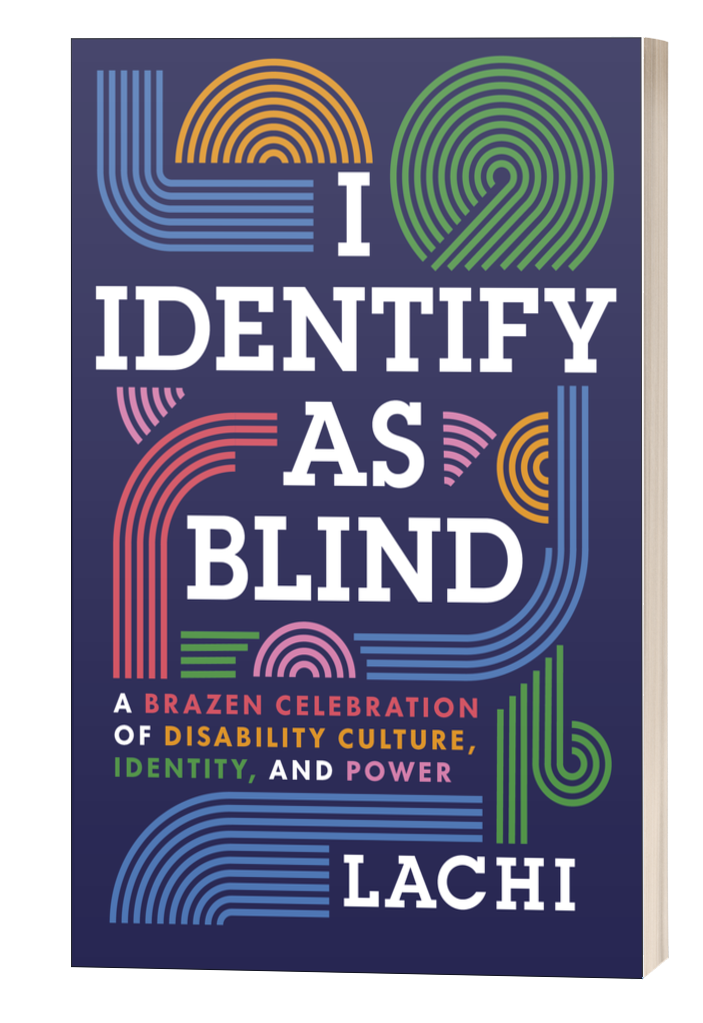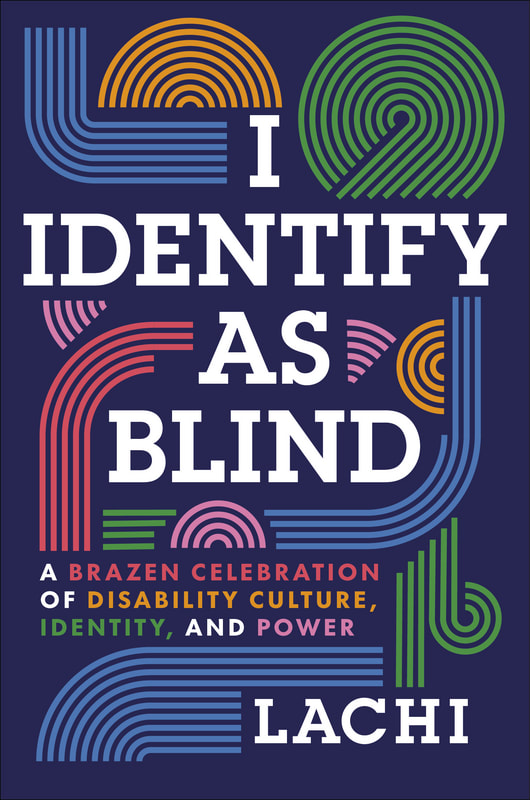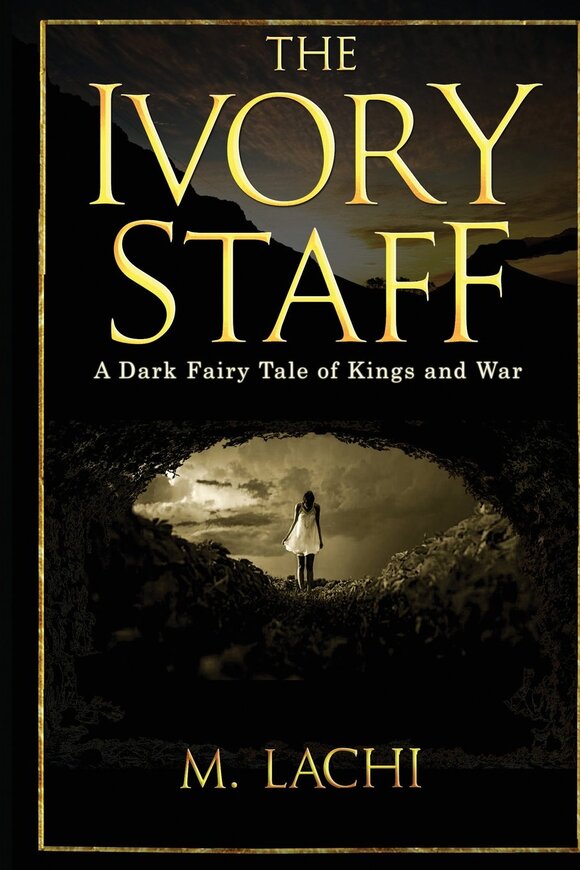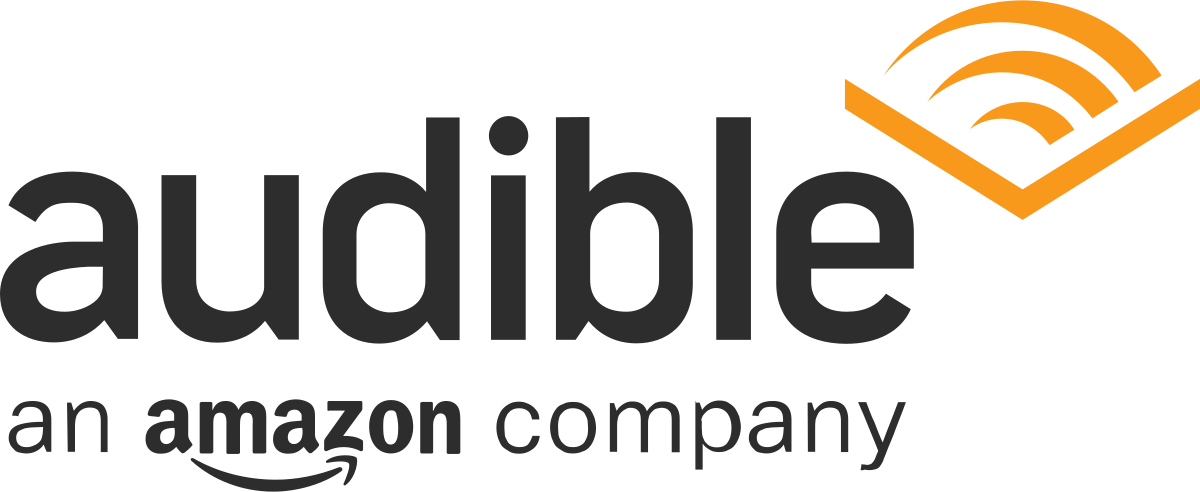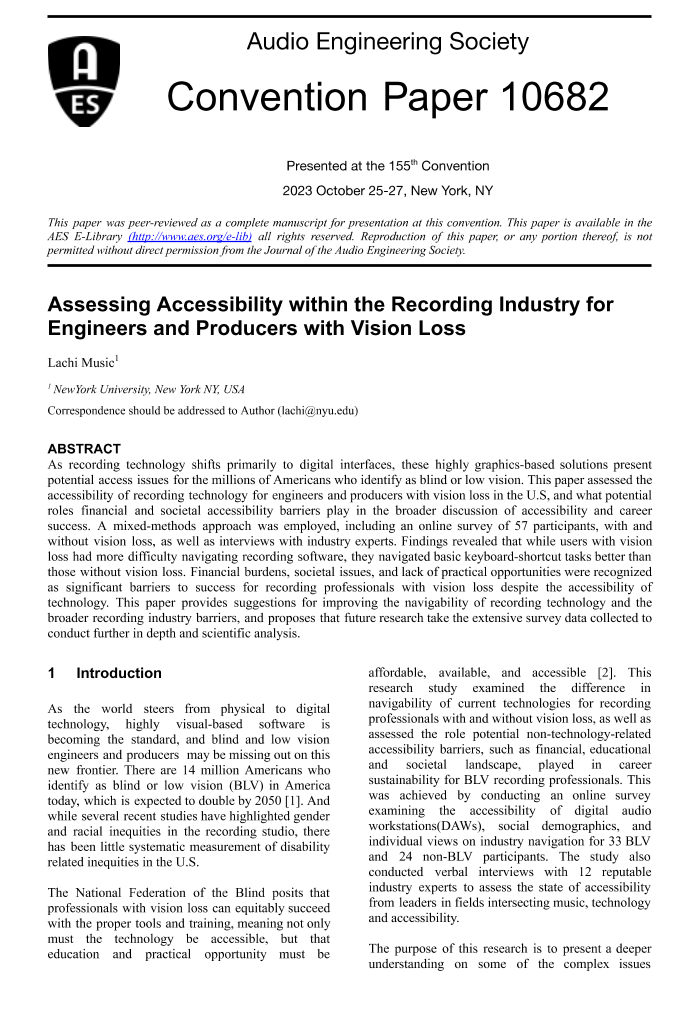|
I IDENTIFY AS BLIND: A Brazen Celebration of Disability Culture, Identity, and Pride
Recording artist and activist Lachi weaves together storytelling, style, and straight talk to redefine Disability as a cultural movement, creative force, empowering identity, and a blueprint for innovation—that you can’t afford to ignore.
I Identify as Blind pulses with energy. Through magnetic storytelling, pop-culture deep dives, and historical insight, Lachi challenges mainstream views on disability with humor, heart, and high fashion. She reveals how the adaptability of visionaries with disabilities throughout the years have always driven progress.. Release Date: January 27, 2026 | Pre Order NOW COVER REVEAL IN PEOPLE! |
Books
|

Reviewed By Romuald Dzemo for Readers’ Favorite
✯ ✯ ✯ ✯ ✯ "The prose is sharp and ebullient, even in the detailed descriptions of dismal and sinister situations; the conflict builds up through every page, and the plot is flowered with subplots and compelling characters that readers will definitely fall in love with. M. Lachi exhibits the uncanny gift of bringing back the old art of common sense into storytelling, and it is this aspect of the story that creates the striking realism that permeates its every page." Oct 23, 2015 (Library Tales Publishing)
|
Research
|
Assessing Accessibility within the Recording Industry for Engineers and Producers with Vision Loss
As recording technology shifts primarily to digital interfaces, these highly graphics-based solutions present potential access issues for the millions of Americans who identify as blind or low vision. This paper assessed the accessibility of recording technology for engineers and producers with vision loss in the U.S, and what potential roles financial and societal accessibility barriers play in the broader discussion of accessibility and career success. A mixed-methods approach was employed, including an online survey of 57 participants, with and without vision loss, as well as interviews with industry experts. Findings revealed that while users with vision loss had more difficulty navigating recording software, they navigated basic keyboard-shortcut tasks better than those without vision loss. Financial burdens, societal issues, and lack of practical opportunities were recognized as significant barriers to success for recording professionals with vision loss despite the accessibility of technology. This paper provides suggestions for improving the navigability of recording technology and the broader recording industry barriers, and proposes that future research take the extensive survey data collected to conduct further in depth and scientific analysis. |

